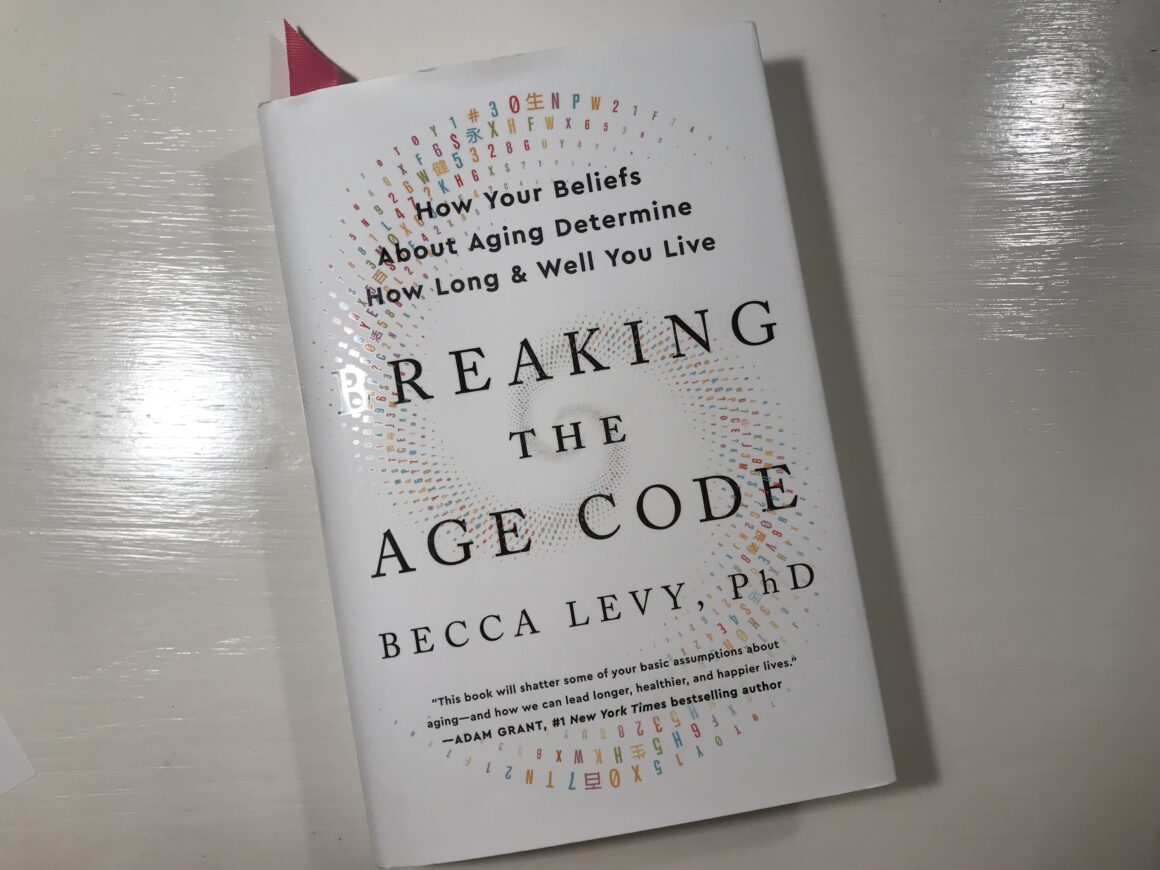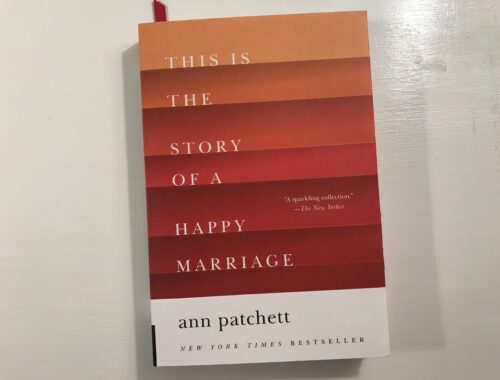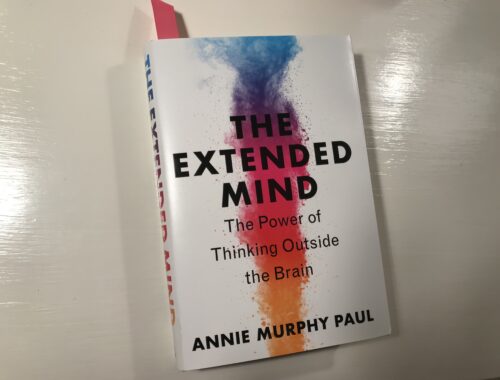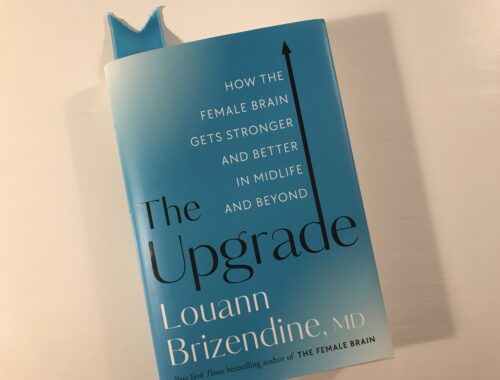
Breaking the Age Code
True confessions: I haven’t yet completed reading this book—Breaking the Age Code: How Your Beliefs About Aging Determine How Long & Well You Live, by Becca Levy, PhD—but (more confessions), as with all books I read, I have already skimmed to the end. (I am not a person driven by plot.) Also, when nearly a third of a book of social psychology is devoted to actionable appendices; extensive chapter notes, with many references from peer-reviewed academic journals; and a thorough index; and it is written by a woman with dual professorships in epidemiology and psychology (at Yale), I trust the journey of exploration. This isn’t a book about some sort of superficial self-help cheer, about achieving wrinkle-free immortality through relentless positivity, but instead a galvanizing mix of rigorous research experiments and often surprising results, of portraits of inspiring elders, of calls to action and activism for anti-ageism and age liberation.
Although my own research on feminine aging—in addition to my current lived experience as a 55-year-old woman going through the menopausal transition—continues to inform me about a number of the topics Dr. Levy covers, she provides on every page either entirely new information or an illuminating way of seeing or naming something. As opposed to racism or sexism or classism, ageism isn’t what Dr. Levy calls “self-relevant” until we ourselves are aging, so we can spend a lifetime absorbing negative stereotypes—not just about aging others, but about our future selves!—without even realizing that those stereotypes will one day be applied to us, a process of awareness taking decades to dawn. For race, gender, class, and other markers of self, we recognize ourselves as falling into those targeted groups from the beginnings of our self-consciousness.
Even more revelatory was Dr. Levy’s reporting on the power of priming for testing results, with some evidence of persistence beyond the bounds of the experiment itself: “Participants who had been primed with positive age stereotypes for just ten minutes improved their memory performance. Ten minutes of negative age priming saw a comparable decline…Consider the implication: although aging is a biological process, it is also a deeply social and psychological one.” (p. 35) I lead a research cluster within my doctoral program—Aging: Time, Memory, Body—and we’ll be further discussing the power of the priming that Dr. Levy studies. How do we engage in positive priming with each other as we age, while still sharing and validating the full range of our observations and experiences?
Dr. Levy offers what she has developed and calls an “ABC Method” of individual age liberation for readers “to shift from an age-declining mindset to an age-thriving one” (p.155), as well as imagining and calling on larger collective structures to engage in a three-stage societal age liberation movement. Through examples, she illustrates the benefits to those in younger and older decades of life from intergenerational activities and relationships; throughout this text, she offers robust hope and direction for navigating the passages into and through old age.




